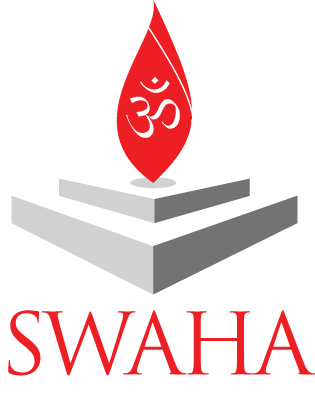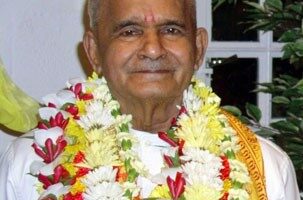Paramacharya of SWAHA, H.H. Pt. Hardeo Persad once said that the best way we can show gratitude to the ancestors is to uphold their traditions and maintain the values for which they stood. SWAHA’s Swadeshi competition, in the run up to Indian Arrival Day, is the recognition of the invaluable legacy of spiritual and cultural knowledge that we have gained.
This year, the competition focused on the traditional group singing of Ramaayan verses, the chowpais and the dohas (four line quatrains punctuated by two line couplets). The Ramaayan is the scriptural anchor of the Hindus who migrated to Trinidad as indentured servants since 1845 and served as a guiding light through the adversities of the voyage across the Atlantic, as well as in their simple, daily lives when they arrived in Trinidad.
Almost 180 years later, their descendants carry on their traditions, having benefited from their ancestors’ struggles to make better lives for their children. Today, they are successful in their own right, not only in material terms but also in carrying on the rich spiritual heritage that has survived the developments of centuries.
SWAHA’s Sukh Shanti Bhakti Mandali was the scenic venue of this year’s Swadeshi competition. Nestled between the lush green plains of Caroni and the majestic northern mountains, the St. Augustine temple was host to the melodious voices of the various SWAHA teams on May 19.
Uniformed in their matching colours, each of the teams sang with harmonious vigour of the glories of Shree Raam that have enlightened our paths for centuries. At the end of the contest, judge Shree Rana Mohip, noted that the judging was difficult but that each contestant put their best foot forward.
At the end of the contest, the results were in:
1st place: SWAHA Bhakti Jyot Mandali
2nd place: SWAHA Om Shakti Mandali
3rd Place: SWAHA Hindu College
The competition culminated at the Swadeshi Awards Ceremony held at the Mahatma Gandhi Institute for Cultural Co-operation on May 30 in celebration of Indian


